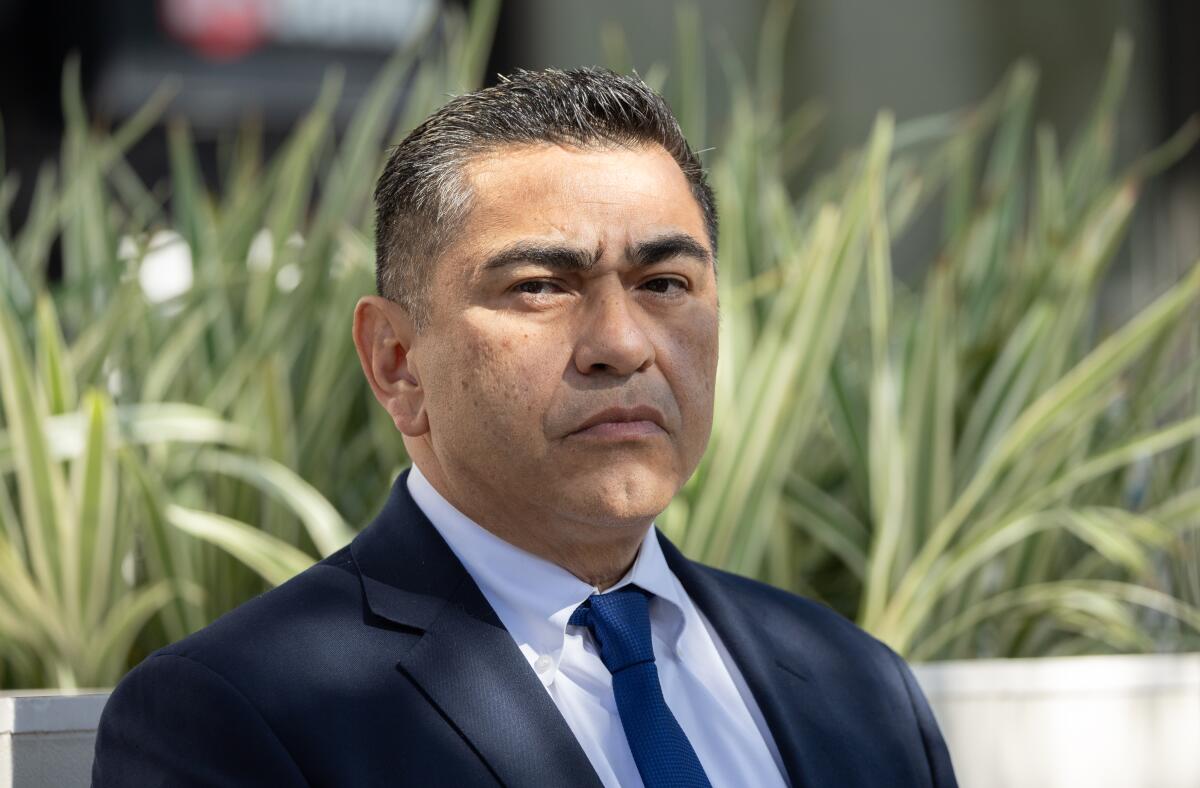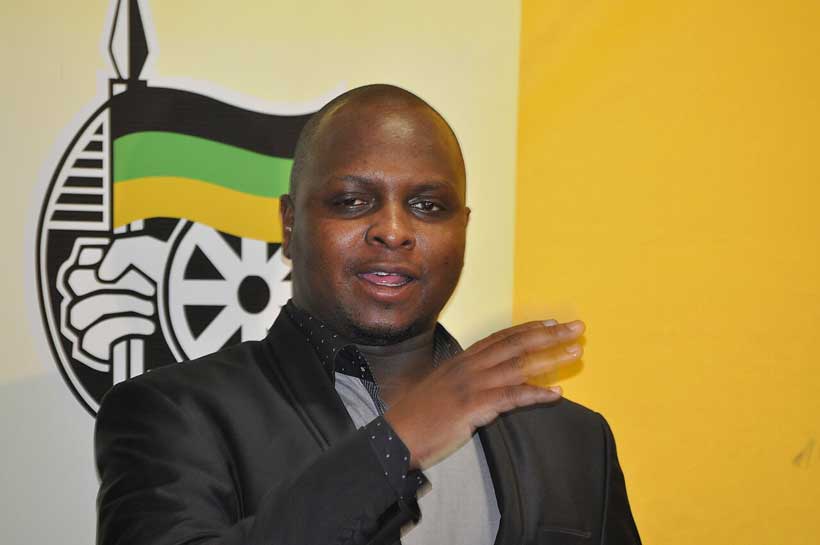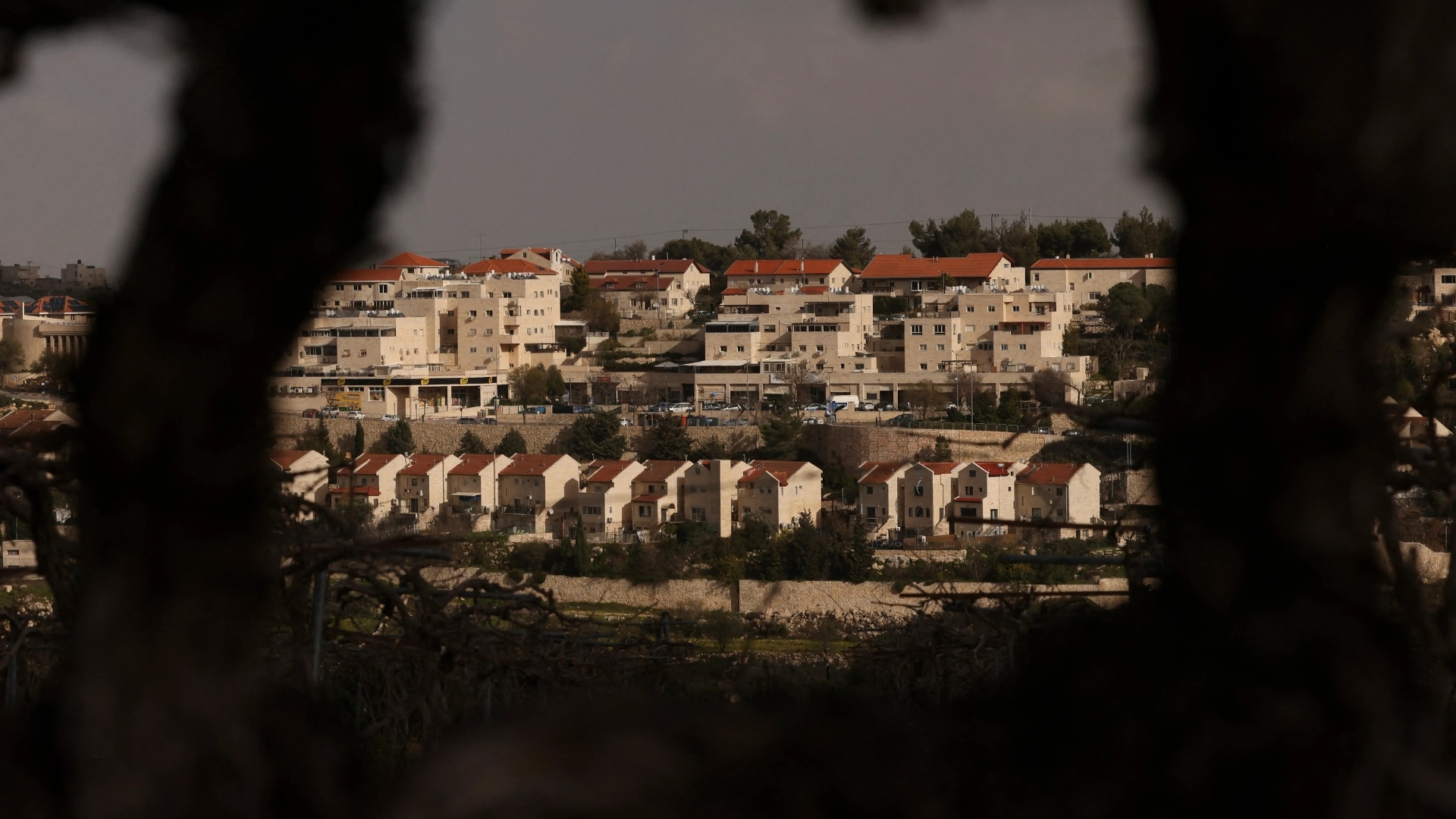She found an LAPD official’s AirTag. Lawsuit claims it derailed career
When she was called last year to testify against a top Los Angeles police official, Sgt. Jessica Bell assumed she would be asked about the AirTag.
Bell found the Apple tracking device under her friend’s car while on a weekend getaway in Palm Springs in 2023. The friend suspected her former domestic partner, Alfred “Al” Labrada, who was then an assistant chief in the Los Angeles Police Department, had secretly planted the AirTag to monitor her movements after they broke up. The women contacted San Bernardino County authorities, who opened an investigation.
By the time Bell, 44, testified last year, prosecutors had declined to charge Labrada with any crime, but his ascent through the uppermost ranks of the LAPD had already gone sideways. Once considered a leading candidate to become the city’s next police chief, Labrada faced being fired for allegedly lying to LAPD investigators and trying to cover up his actions.
Disciplinary proceedings against LAPD officers play out like mini-trials, held behind closed doors under state laws that shield the privacy of officers. According to her attorney, Bell figured that her role would be limited to describing the AirTag she found — and that anything she said would remain sealed.
Instead, according to her lawyer, she faced a line of questioning that turned personal, with Labrada’s attorney grilling her about problems in her former marriage.
The disciplinary panel found Labrada guilty of planting the tracking device, and he resigned from the department. In the months since, details of Bell’s testimony spread among colleagues, according to a lawsuit she filed against the city of Los Angeles this year.
The suit is one of dozens filed by LAPD employees in recent years alleging they faced blowback after reporting suspected wrongdoing. Bell and others claim testimony that was supposed to remain confidential at so-called board of rights hearings or in internal affairs interviews was later used against them.
In the months that followed Bell’s testimony against Labrada, according to her lawsuit, she was denied a position in the department’s training division. Bell said through her attorney that she has come under department investigation for at least three separate complaints, including one alleging that she hadn’t been truthful at Labrada’s disciplinary hearing.
Her supposed lie? Testifying that her daughter had been traumatized by the ordeal of finding the hidden tracking device.
Bell — known professionally as Jessica Zamorano, according to her lawsuit — declined to comment. She said through her lawyer that internal affairs investigators told her that Labrada made the complaints.
The accusation that she lied triggered a separate investigation by the state Commission on Peace Officer Standards and Training, the law enforcement accreditation board, putting her at risk of losing her police officer license.
Bell also lodged a complaint with the inspector general’s office, writing that she was “initially scared to come forward because I feared retaliation for reporting and cooperating with the investigation against Labrada.”
Bell’s attorney Nicole Castronovo said she was disgusted that the LAPD was allowing Labrada to “weaponize Internal Affairs to continue waging this campaign of terror on my client.”
Al Labrada, a former Los Angeles Police Department assistant chief, holds a news conference in Beverly Hills on Oct. 17, 2023, to address allegations he used an Apple AirTag to secretly monitor the movements of his former romantic partner.
(Myung J. Chun / Los Angeles Times)
Labrada confirmed to The Times that he had filed several complaints against Bell and Dawn Silva, his former domestic partner, who is also an LAPD officer.
He said he hoped the department would look into the veracity of statements the two women made during his disciplinary hearing. He said the allegations against Bell were based on his conversations with her ex-husband, who made him question her truthfulness. The disciplinary board wouldn’t let him call the ex-husband or others as witnesses, effectively torpedoing his case, Labrada said.
Labrada acknowledges the AirTag was his, but maintains he did not hide it to track his former girlfriend.
“This is all about financial gain for Ms. Silva and Jessica — that’s all this is,” he said. “In my opinion, she made falsified statements not only in the police report but also in the board of rights.”
He has filed his own a lawsuit against the city of Los Angeles and former Police Chief Michel Moore, alleging Moore conspired to oust a rival for the chief’s job.
Labrada was cleared of wrongdoing in the AirTag affair by the state law enforcement accreditation board, an outcome that allows him to retain his license to carry a badge in the state.
Labrada has been publicly outspoken about what he sees as his mistreatment at the hands of the department, making numerous appearances on law enforcement-friendly podcasts to plug a forthcoming tell-all book about his time as an L.A. cop.
He contends his case was handled differently than those of other senior officials accused of misconduct, who because of their close relationships to past chiefs were allowed to keep their jobs or to retire quietly with their pensions.
Retaliation among officers has been a problem in the LAPD for decades — and past reports have been critical of how the department investigates such cases.
The LAPD has long had a policy that forbids retaliation against officers who report misconduct, and officers who feel they’ve been wronged can report problems to the department’s ombudsman, or file complaints through internal affairs or the inspector general’s office.
Retaliation can take on many forms, including poor job evaluations, harassment, demotions and even termination, according to lawyers and LAPD personnel who have sued.
Fearing consequences, some officers have taken to posting about misconduct anonymously on social media or recruiting surrogates to call in to Police Commission hearings to raise allegations of wrongdoing on their behalf.
Sometimes, witnesses won’t come forward for fear of being disciplined for violating department rules for immediately reporting misconduct.
Others argue that the department’s disciplinary system allows opportunistic officers to take advantage of complaints in order to settle grievances with colleagues, distract from their own problems or earn a big payday.
LAPD Cmdr. Lillian Carranza — who has sued the department for calling out questionably counted crime statistics and misogyny, and also been sued over her supervision of others — declined to discuss Bell’s case, but said that, in general, after 36 years on the job, “I do not see the department doing anything to protect employees who are whistleblowers or report misconduct.”
“What I have seen is that they are shunned to the side, they are [labeled] as problem employees, and pretty soon, they are persona non grata,” Carranza said.
While the department takes all public complaints, supervisors can be selective about what gets investigated, according to Carranza, who alleged the process is often colored by favoritism or fear of being targeted by the police union.
“At the end of the day, the LAPD cannot investigate itself — we cannot investigate ourselves because we have too many competing interests,” she said. “We need an outside agency to investigate us, especially with things that are serious misconduct and they are not caught on body-camera videos.”
Bell alleged that the retaliation against her has stretched on for months.
A 15-year department veteran, Bell has worked in patrol for most of her career, with brief stints in vice and internal affairs. When an opening came up at the training division, where Silva also works, she put in for it and was picked for the spot.
Her former captain at Olympic Division sent out a glowing email just as she was about the leave the station in early 2024, asking her colleagues to join him in congratulating their “beloved” sergeant. Suddenly, her lawsuit said, the offer was rescinded with little explanation.
She alleged in her lawsuit that a close friend of Labrada’s pulled strings to keep her out of the position.
The LAPD higher-up who blocked her transfer, Bell wrote in her claim to the LAPD inspector general, “consistently calls and checks on Labrada and offers his vacation house to him.”


